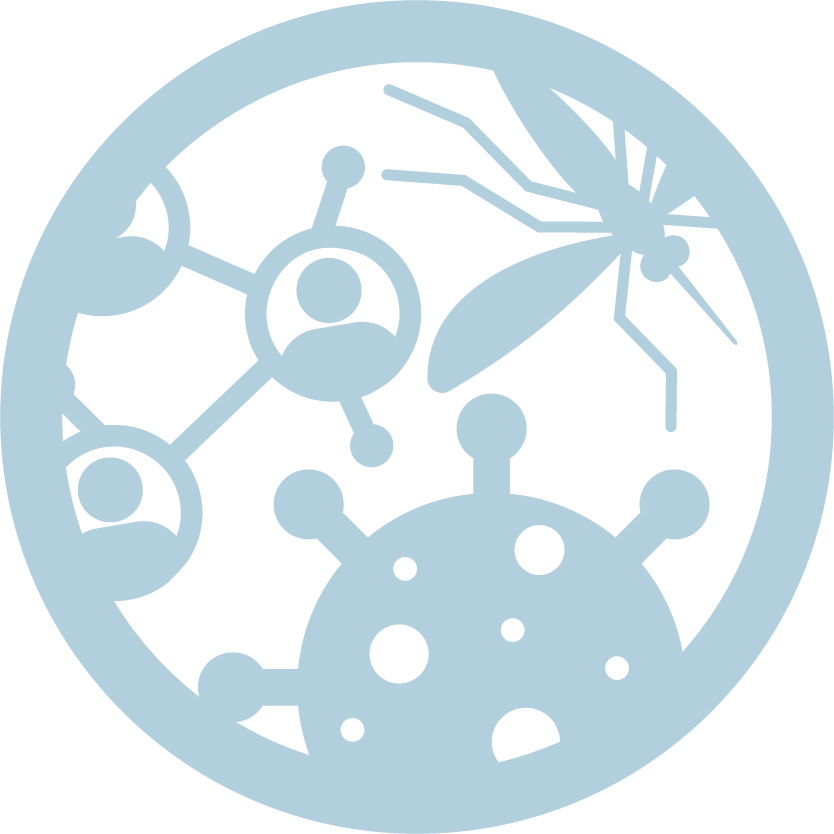What is pertussis (Whooping Cough)?
Pertussis, also known as whooping cough, is a highly contagious respiratory disease. It is caused by the bacterium Bordetella pertussis.
How do people get pertussis?
Transmission most commonly occurs through contact with respiratory droplets, or by contact with airborne droplets of respiratory secretions. Transmission occurs less frequently by contact with freshly contaminated articles of an infected person.
What are the symptoms of pertussis?
Pertussis begins as a mild upper respiratory infection; initially, symptoms resemble those of a common cold. The early symptoms include: sneezing, runny nose, low-grade fever, and a mild cough. Within one to two weeks, the cough becomes more severe. As the disease progresses, the traditional symptoms of pertussis appear and include:
– Paroxysms (coughing fits) followed by a high-pitched “whoop” when inhaling,
– Vomiting (throwing up) during or after coughing, or
– Trouble breathing or apnea (life-threatening pauses in breathing, common in babies)
How is pertussis diagnosed?
Pertussis can be diagnosed by taking into consideration the following:
– An exposure to pertussis,
– The history and physical examination of a possible case, and
– Laboratory testing (PCR testing or B. pertussis culture ). To confirm the diagnosis of pertussis, you must have a positive PCR test result.
What is the treatment for pertussis?
Early initiation of antibiotic treatment for pertussis may make the infection less serious and modify the course of the illness. Azithromycin is the antibiotic of choice. This therapy eradicates the organism from secretions, thereby decreasing communicability. An antibiotic effective against pertussis (such as azithromycin or erythromycin) should be administered to all close contacts of persons diagnosed with pertussis, regardless of age and vaccination status to prevent them from getting sick.
What can be done to prevent the spread of pertussis?
The best way to prevent pertussis is to get vaccinated. There are vaccines for children, pre-teens, teens and adults. The childhood vaccine is called DTaP, and the pertussis booster vaccine for adolescents and adults is called Tdap. Talk to your healthcare provider about getting vaccinated against pertussis.
As stated in the previous section, treatment of cases with certain antibiotics can shorten the contagious period. Individuals that have or may have pertussis should stay away from young children and infants until properly treated. Children who have been diagnosed with pertussis should stay home from school or childcare until they have completed a five-day course of antibiotics.
Resources
Click here to view pertussis resources.

